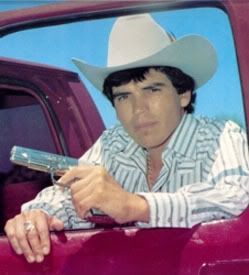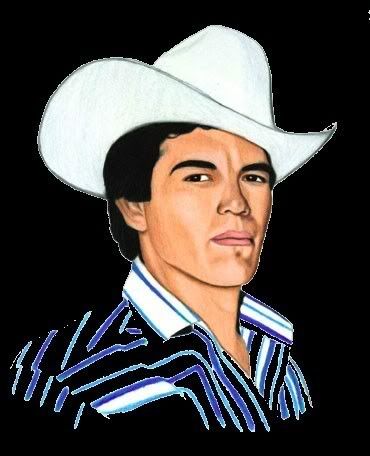| Quote: |
| Originally posted by LOSARIPESlast night, I had to repeatedly listen to songs like: Hace un mes que no baila el muneco (Its been a month since "dolly" last danced), No te metas con mi cucu (Don't you mess with my cucu), Hijos de la (?) (Sons of b-tches), and something about taming a worm by sitting on it... really stupid lyrics. The guys and girls sang along, danced, drank and had lots of noisy fun. Different strokes, for different folks I guess.... |
Here in my neighborhood, mostly retirees and young families predominate, and its sterile/quiet. The only noise comes from the train crossing 1 mile away and a little noise from the 91 freeway a couple of blocks away too. Sometimes I miss the liveliness of Tijuana, and I go there to hear the sounds of Latin America.








 Jeez! Have had
an overdose of politics.
Jeez! Have had
an overdose of politics.




